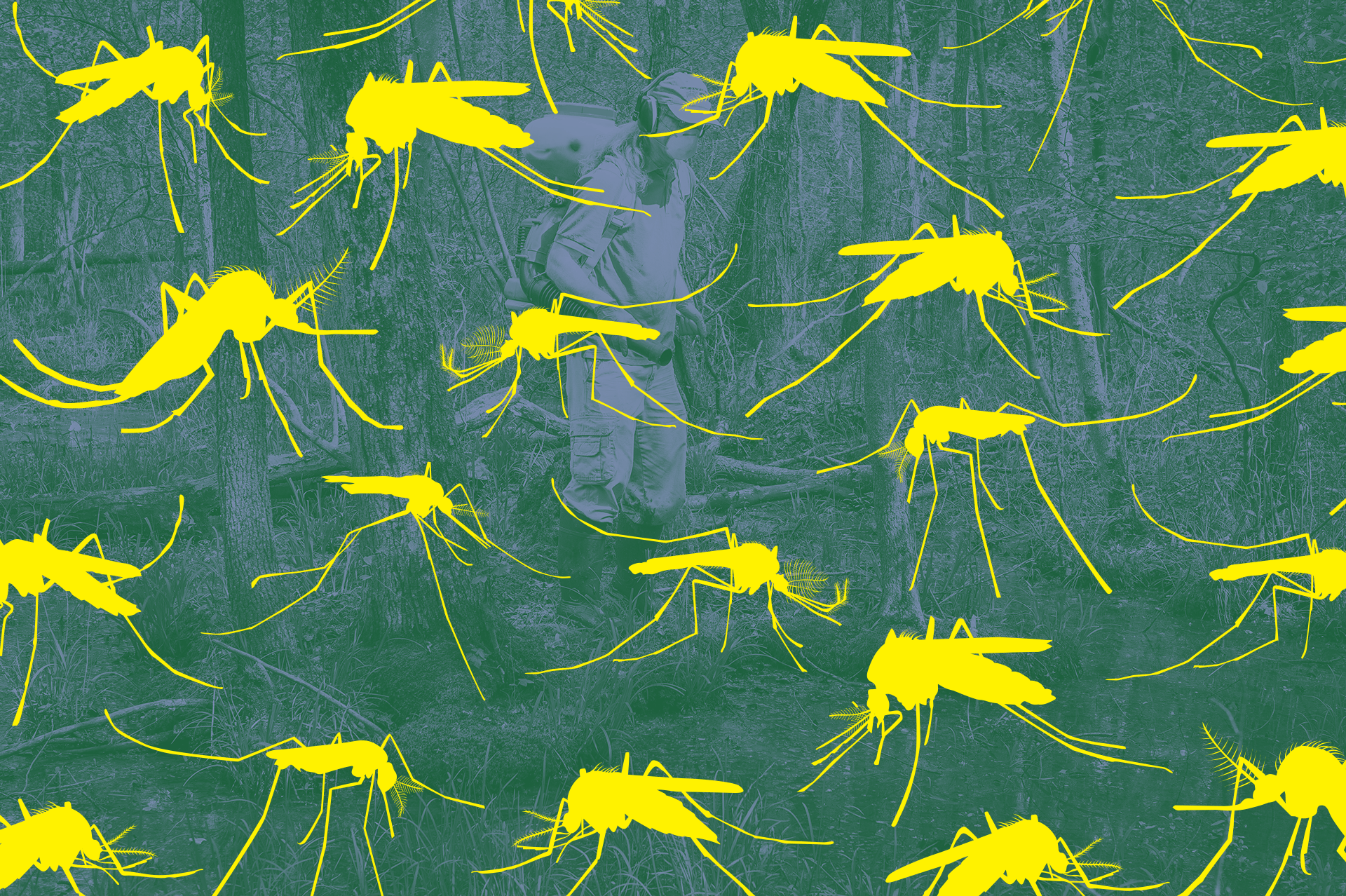The buzzing menace of mosquitoes is no longer a mere summer annoyance; it’s evolving into a significant public health crisis amplified by climate change. A recent investigation reveals a disturbing trend: the resurgence of mosquito-borne diseases in the United States, driven by a confluence of factors that extend far beyond the simple presence of standing water.
Climate Change: Expanding Mosquito Habitats
Warmer temperatures, fueled by climate change, are extending the mosquito breeding season and expanding their geographic range. Mosquitoes that were once confined to specific, warmer climates are now thriving in previously unsuitable regions, bringing with them the diseases they carry. This expansion isn’t simply a matter of inconvenience; it poses a serious threat to public health, increasing the likelihood of outbreaks of diseases like West Nile virus, which is already widespread across the US. Furthermore, the potential for the introduction and establishment of diseases previously absent from the country is a growing concern.
Urban Sprawl and Global Travel: Perfect Storms
The problem is compounded by human activity. Urban sprawl creates ideal breeding grounds for mosquitoes in neglected areas and increases human-mosquito contact. Simultaneously, increased global travel facilitates the rapid spread of mosquito-borne illnesses. Diseases like dengue, chikungunya, and even malaria, once considered largely eradicated or geographically restricted in the US, are making a comeback, thanks in part to infected travelers unknowingly introducing these pathogens.
A New Threat on the Horizon: The Oropouche Virus
Adding to the growing concern is the emergence of the Oropouche virus, a previously lesser-known threat largely confined to the Amazon rainforest. This virus is now spreading rapidly through South American cities, and cases have already been reported in travelers returning to the US. The ease with which the virus is spreading highlights the vulnerability of globalized societies to the rapid transmission of infectious diseases exacerbated by environmental changes. The potential for this virus to establish itself within the US is a serious cause for alarm, demanding increased surveillance and proactive measures.
The Need for Proactive Solutions
The situation demands a multi-pronged approach. Improved mosquito surveillance systems, such as those being developed in Texas, are crucial for early detection and response. Public health initiatives focusing on mosquito control, particularly in urban areas, are equally essential. Beyond immediate control measures, addressing the root causes—climate change and unsustainable urban development—is paramount to preventing future outbreaks. International collaboration is also vital to monitor and control the spread of diseases across borders. The resurgence of mosquito-borne illnesses serves as a stark reminder of the interconnectedness of environmental change, public health, and global travel. Ignoring this threat will have far-reaching and potentially devastating consequences.
SOURCE INFORMATION:
TITLE: The great mosquito resurgence
DESCRIPTION: At Vox’s climate desk, we’ve spent the past few months digging into a threat that’s easy to swat away in the moment — but increasingly harder to escape: the rise of mosquito and other vector-borne diseases in the United States. Most of us think of mosquitoes as little more than a summer nuisance. But climate […]
SOURCE: Vox
Based on materials: Vox





